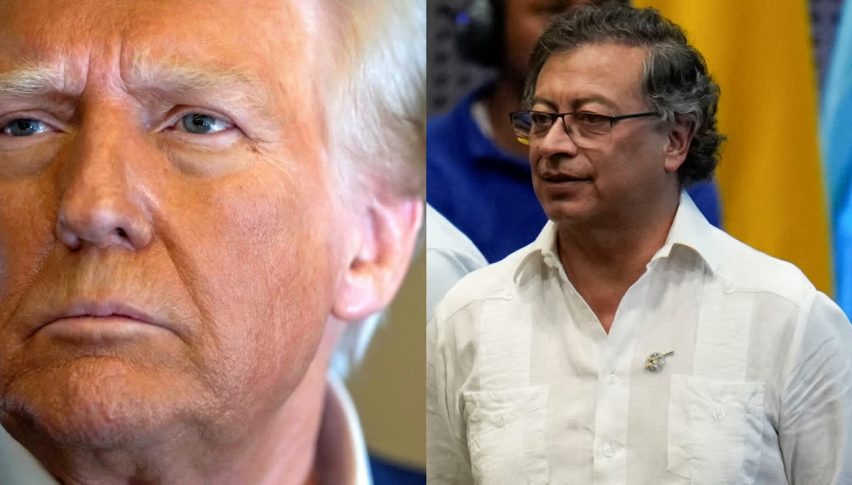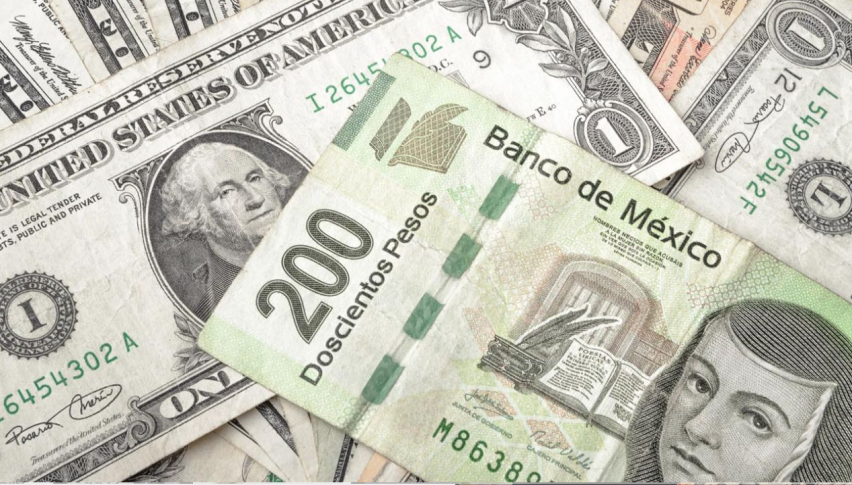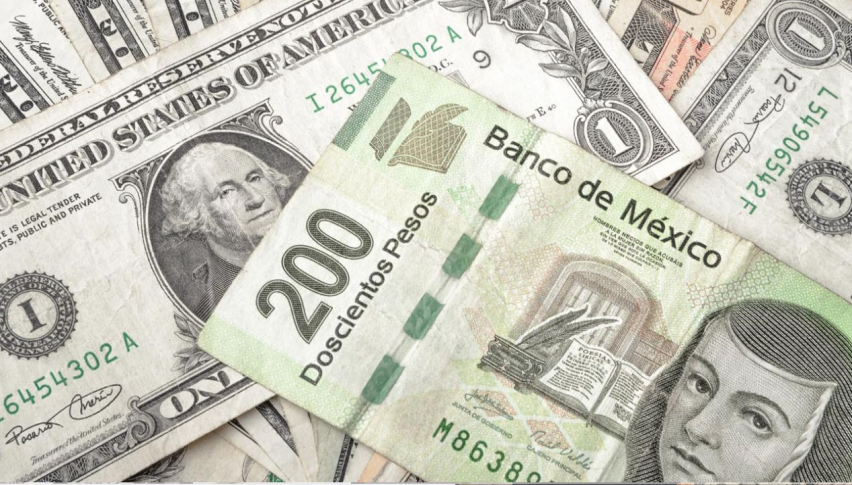Public services reform in Colombia is encountering resistance.
The president of Colombia is moving forward against energy companies to subsidize households.
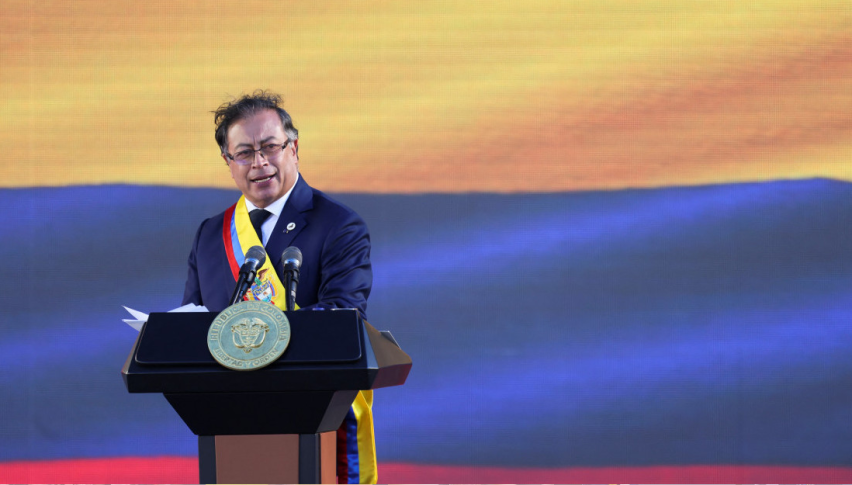
Public services reform in Colombia is encountering resistance.
The regulation of public services would be under the President’s authority.
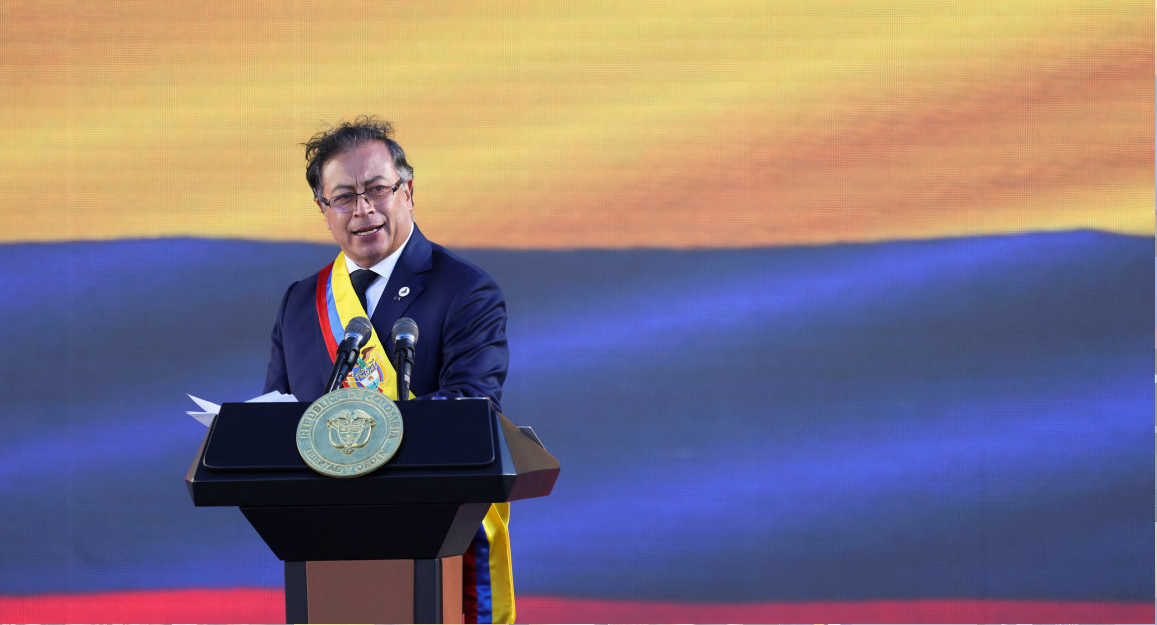
The government of Colombia, through entities such as the Superintendence of Public Services and the Ministry of Mines and Energy, has announced that the reform to the Public Services Law will be presented to Congress.
A preliminary consolidated draft of the changes that the government is considering for these laws has been released. Some of the adjustments proposed include that “the regulation of public services is under the responsibility of the President of the Republic, who can directly exercise this function.”
In addition to the points related to regulation, the document proposes strengthening the Superintendence of Public Utility Services in terms of the sanctions and actions it can take in overseeing companies providing electricity, water supply, sanitation, sewage, and natural gas.
Another point mentioned is related to the creation of energy communities, tariff regimes, and the establishment of a minimum essential service for water supply, electricity, and natural gas, which did not exist previously. The document, consisting of 140 articles and 85 pages, grants the President of the Republic the ability to regulate public services directly.
President Petro had already attempted to “regain” control of the Energy and Gas Regulation Commission (Creg) by seeking to change the formula used to calculate the electricity service tariff.
The document stipulates that “residential public service tariffs must explicitly reflect the factors of solidarity and income redistribution, which are independent of subsidy factors and other policies for universal access and minimum essential services.”
According to the draft, this minimum essential service aims to provide a subsidy to vulnerable populations, ensuring that the supply is not interrupted “in cases of demonstrated inability to pay.”
Colombian energy companies are attempting to deter the Colombian president by mentioning the possibility of worse services than the current ones, supply cuts, and reduced investments due to a scenario of lower profitability or operational losses for the companies.
- Check out our free forex signals
- Follow the top economic events on FX Leaders economic calendar
- Trade better, discover more Forex Trading Strategies
- Open a FREE Trading Account
